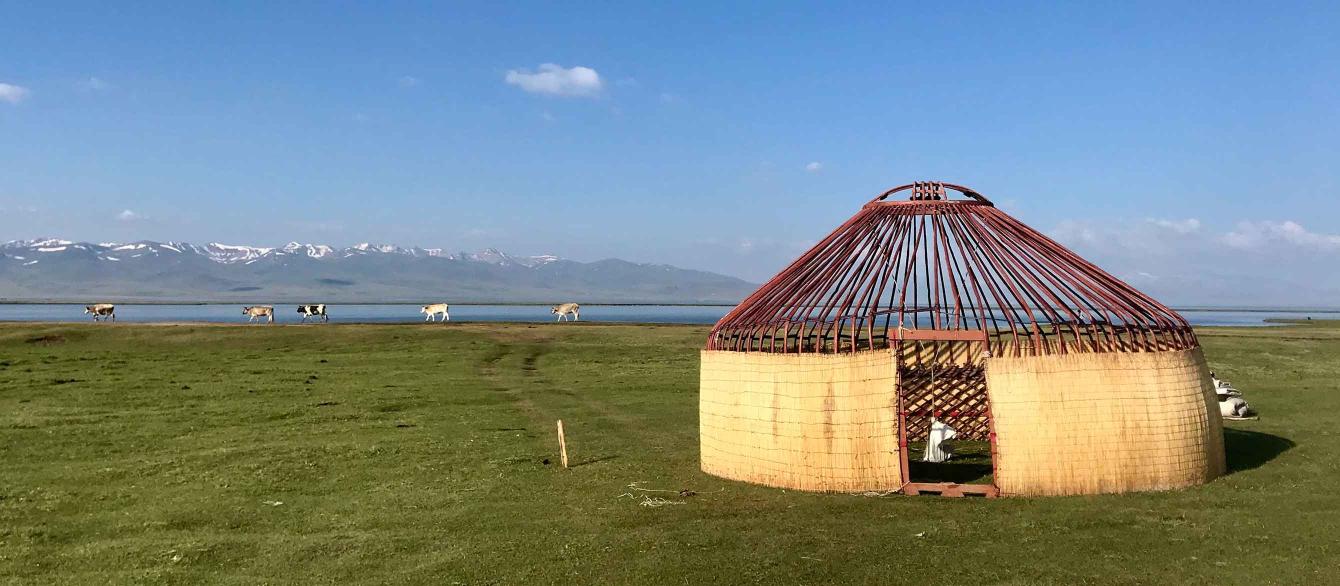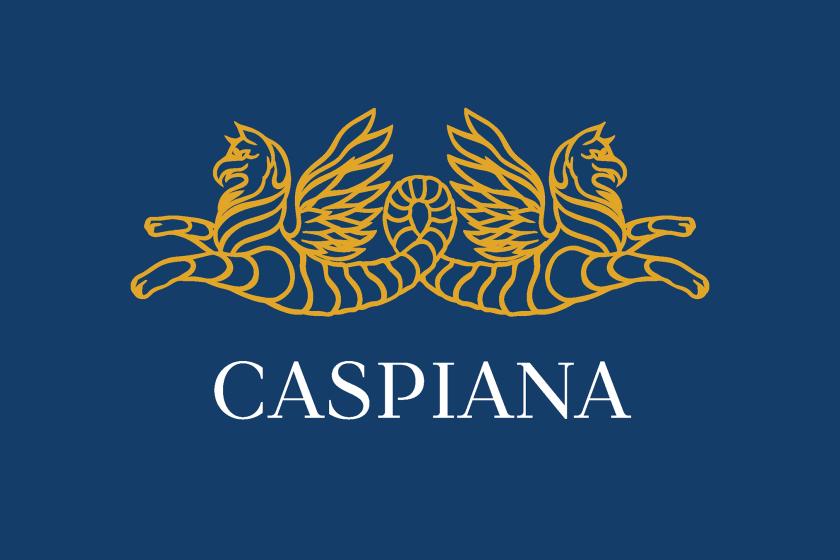We support the study of the Central Asian region using tools and insights from various fields of social sciences and humanities. Our activities include research projects, seminar series, curriculum development and course offerings, creation of digital resources for the study of the region, facilitation of research by students and visiting scholars, and cultural events.
While the program aims at generating and disseminating knowledge and resources on Central Asia spanning different periods of its history, our main focus is on the independence period and current developments. We approach Central Asia as a region that opened up as a result of the dissolution of the USSR. The states, economies, and people of Central Asia are now an integral part of the globalized world, and developments in the region cannot be properly understood without tracing and analyzing different forms of connectivity, influence, and interdependence.
















